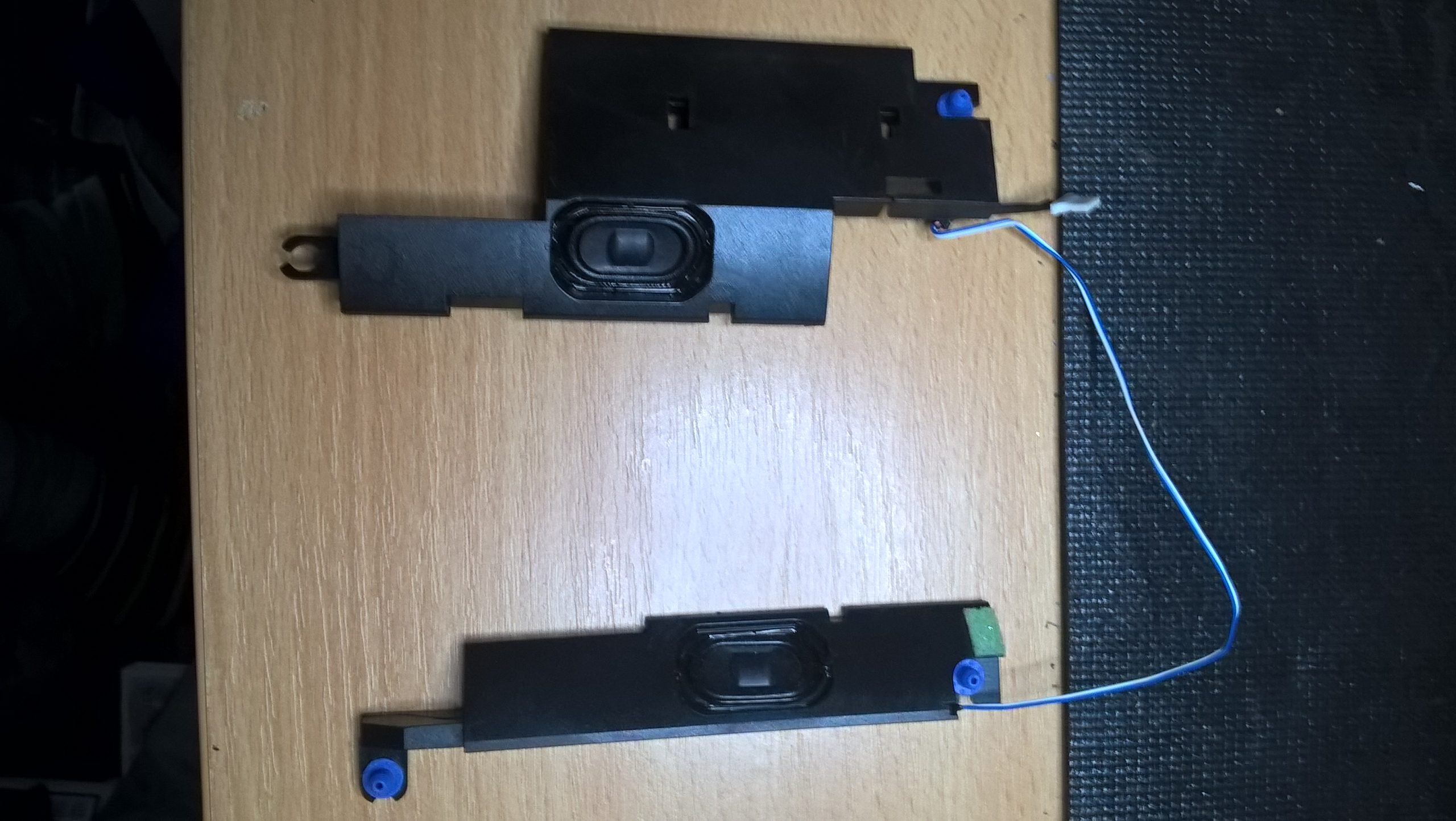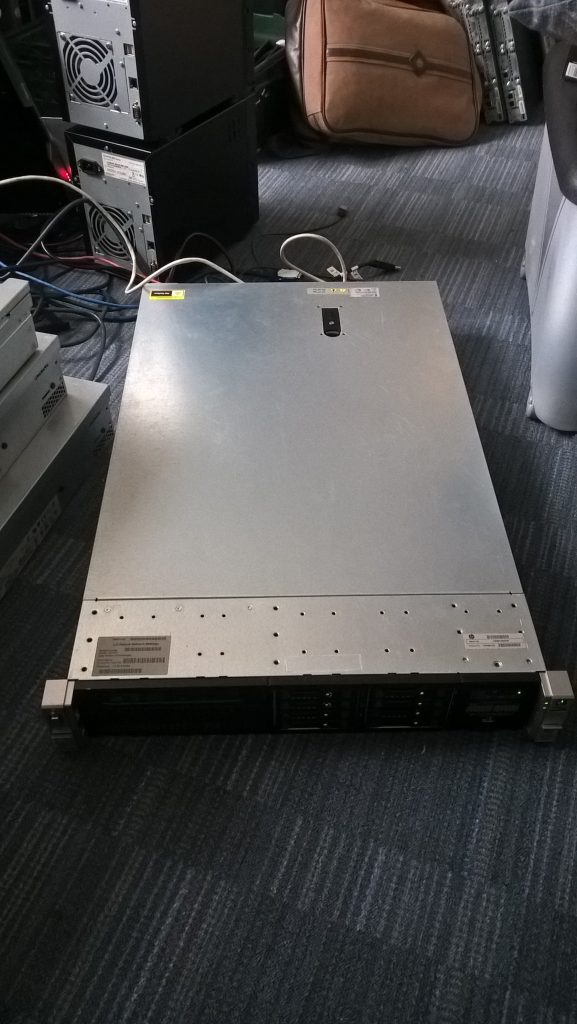The Surprising Costs of Electronic Recycling: A Personal Experience
As I embarked on my annual spring cleaning, I found myself confronted with a growing pile of outdated electronics, including a Samsung television that had long been collecting dust in my garage. This particular TV, now 11 years old, started showing issues with its switch five years into its life, prompting me to set it aside with the hope of getting it repaired. However, with its age and 720p, 60 Hz quality, I’ve come to realize that modern TVs can be quite affordable.
While it may seem easy to simply toss working electronics in the trash, I was hesitant. I felt the television still had some life left in it, however sporadic, and wanted to ensure it didn’t just end up in a landfill. Thus, I decided to explore the option of recycling.
As I sorted through my garage, I discovered not just the Samsung TV but also a range of other electronics: a 1998 printer/fax machine, a Jack LaLanne juicer, and my old Compaq Presario from 2001. Despite being outdated and not in regular use, the thought of discarding functional items felt uncomfortable.
After a quick search online, I found an electronic recycling center nearby. With my truck loaded, I set out with high hopes of responsibly disposing of these items.
To my shock, upon arrival, I was met with unexpected fees. I had anticipated a nominal charge, perhaps similar to recycling oil or car batteries, but was astonished to learn that I was being asked to pay $50 for recycling my TV, $10 for my printer, and an additional $20 for the old computer. Was I out of touch, or had the world really come to this? Why was I being asked to pay someone to take my used electronics off my hands when I could easily sell the TV for at least $50 on platforms like Craigslist?
It struck me that while recycling is often portrayed as a community service benefiting the environment, the model seems oddly skewed. The process shouldn’t be a financial burden on the individual trying to do the right thing. In fact, it would seem only fair for recycling centers to provide some incentive for people who choose to recycle, similar to how pawn shops operate. Given that these items can be refurbished and reused, a small remuneration—say, $1 to $5 for each item—would be a more encouraging approach. Just like the tax benefits afforded to hybrid car owners
Share this content:



